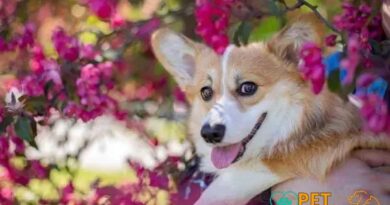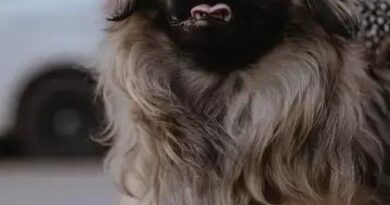What is Juventude canina
What is Juventude Canina?
Juventude Canina, or Canine Youth, refers to the vibrant and energetic phase of a dog’s life, typically encompassing the ages of six months to two years. During this period, dogs experience significant physical and mental development, making it a crucial time for training and socialization. Understanding the characteristics of Juventude Canina can help pet owners provide the best care and guidance for their furry companions.
Physical Development in Juventude Canina
During Juventude Canina, dogs undergo rapid physical growth. This stage is marked by an increase in muscle mass and coordination, as well as the development of adult teeth. Owners may notice their dogs becoming more agile and playful, showcasing their newfound strength and energy. It’s essential to provide appropriate exercise and nutrition to support this growth phase, ensuring that the dog develops healthily and avoids obesity.
Mental Development and Learning
The mental development of dogs during Juventude Canina is equally important. This stage is characterized by heightened curiosity and a desire to explore their environment. Dogs are more receptive to training during this time, making it an ideal period for teaching commands and social skills. Engaging in positive reinforcement training methods can foster a strong bond between the dog and its owner, promoting good behavior and obedience.
Socialization Needs
Socialization is a critical aspect of Juventude Canina. Exposing dogs to various people, animals, and environments helps them develop confidence and reduces the likelihood of behavioral issues later in life. Owners should prioritize socialization experiences, such as puppy classes, playdates, and outings to different locations. This exposure helps dogs learn appropriate behaviors and interactions, making them well-adjusted companions.
Common Behavioral Traits
During Juventude Canina, dogs may exhibit a range of behavioral traits, including increased playfulness, curiosity, and sometimes, stubbornness. It’s not uncommon for young dogs to test boundaries as they explore their independence. Owners should remain patient and consistent in their training efforts, using positive reinforcement to encourage desired behaviors while redirecting any undesirable actions.
Health Considerations
Health considerations during Juventude Canina include regular veterinary check-ups, vaccinations, and parasite prevention. Young dogs are susceptible to various health issues, and early detection is key to ensuring a long and healthy life. Additionally, owners should monitor their dog’s diet and exercise routine to prevent obesity and related health problems that can arise from a sedentary lifestyle.
Importance of Play
Play is a vital component of Juventude Canina, serving as a means for dogs to expend energy and develop social skills. Engaging in interactive play with toys, games, and other dogs helps stimulate both physical and mental growth. Owners should incorporate a variety of play activities into their dog’s routine to keep them entertained and mentally challenged, fostering a happy and well-rounded pet.
Transitioning to Adulthood
As dogs approach the end of their Juventude Canina phase, they begin to transition into adulthood. This transition can bring about changes in behavior, energy levels, and social interactions. Owners should be prepared for these changes and continue to provide guidance and training to help their dogs adapt to their new stage of life. Maintaining a consistent routine and reinforcing positive behaviors will aid in this transition.
Building a Lifelong Bond
Establishing a strong bond during Juventude Canina lays the foundation for a lifelong relationship between the dog and its owner. Engaging in training, socialization, and playtime fosters trust and understanding. Owners who invest time and effort into their dog’s development during this critical phase will likely enjoy a rewarding companionship filled with love and loyalty for years to come.



